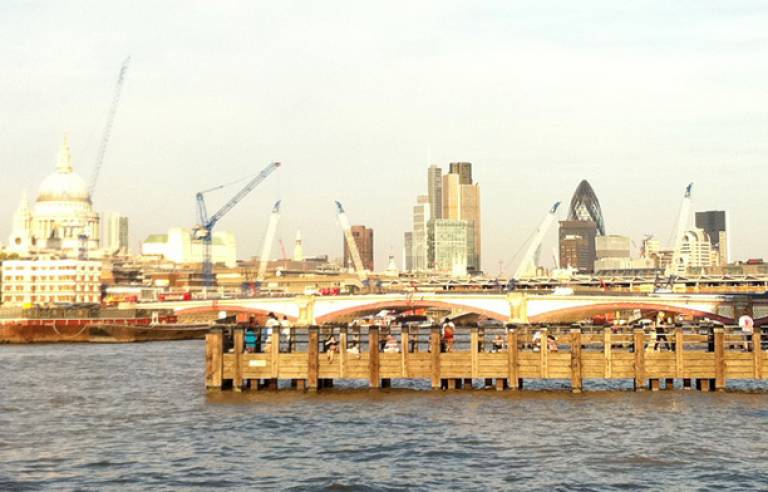Sustainability and the Financing of Property Development: research agenda was commissioned by the RICS Foundation | 2003 - 2004.

Overview
Michael Edwards in UCL Bartlett Planning was commissioned by the RICS to prepare a scoping paper on the research issues which they should address on sustainability and the financing of development. Are there new approaches to financing, development and investment that will enable the built form to be developed in a more economically, socially and environmentally sustainable fashion? What are the relationships between the players in the property development process and how can the relationships between them be structured to enhance the degree to which buildings and the built form can be developed in such a way that is more sustainable while still producing the outcomes that are required by everyone involved in the process? The review was undertaken with inputs from Dr Claudio de Magalhães, Dr Nikos Karadimitriou and Khalil Rehman.
- People
Michael Edwards
View Michael's profile
Send Michael an emailClaudio S De Magalhaes
View Claudio's profile
Send Claudio an emailNikolaos Karadimitriou
View Nikolaos' profile
Send Nikolaos an email- Outputs
Edwards, M, de Magalhães, C, Karadimitriou, N, Rehman, K (2004) The funding and development of the built environment: the research agenda London: RICS Foundation
Longer version with full literature review: Edwards, M, Karadimitriou, N, de Magalhães, C, Rehman, K (2004) Sustainable Urban Development: How we could produce it, how we could pay for it. Literature review which underpinned the previous item, London, Bartlett School of Planning.
- Impact
The study attempted to be very precise about what 'sustainability' should mean when applied to environmental/ecological, economic and social relationships. The recommendations were structured around proposals for research in 9 distinct fields where finance considerations interact with sustainability:
1. Containment and its discontents; densification and land re-use as nostrums
2. Regeneration funding
3. Market specialisation and the spatial (over-)concentration of market activity
4. How durable is toda's (mainly house-) building output in terms of flexibility, extensibility, and quality of design?
5. Pockets of concentration of class and ethnic groups/tenures: funding collective facilities
6. Social housing production: sustainability with rising rents and benefit dependence
7. Car-dependent development forms and transport dependence
8. The funding of collective needs from land development
9. Overcoming anti-development sentiment
 Close
Close

